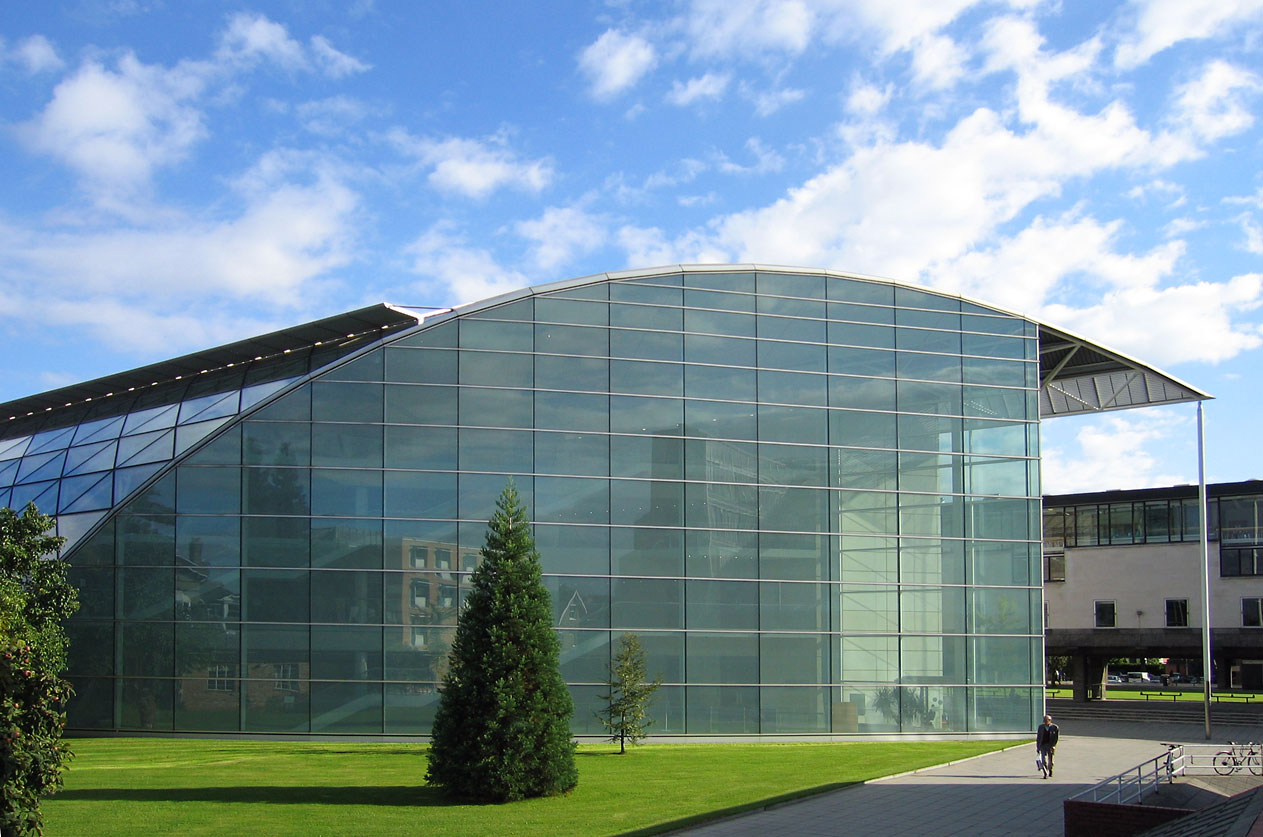University of Cambridge launches foundation courses for ‘disadvantaged’ students
The University of Cambridge has announced that it will be offering more students from ‘disadvantaged’ backgrounds the chance to study at the prestigious institution, with its introduction of Foundation Level courses.
The Foundation Year will offer courses in arts, humanities and social sciences, with entry requirements equivalent to A-level grades BBB. This is considerably lower than the minimum of A*AA required to get onto most of the university’s undergraduate courses.
The course will be free and provide one-year scholarships to all successful applicants, due to a £5m donation from philanthropists Christina and Peter Dawson. Mrs Dawson told The Guardian: “Peter and I are thrilled to have enabled the launch of such a ground-breaking and impactful programme.”
Starting in October 2022, the scheme will offer 50 places for talented students who have had their education ‘disadvantaged’ in some way, preventing them from reaching their full potential. Examples include those suffering from an illness or becoming a young carer, and thus missing significant time in school.
Cambridge has made considerable progress in widening access over the last 20 years. But substantial gaps remain, so further, more innovative steps are very welcome
–James Turner, chief executive of the Sutton Trust
Applicants must also have come from a lower income household or have attended a poorly-performing school where few students continue to higher education.
This drive to diversify the student population comes after criticism that the University of Cambridge has a privileged intake of pupils, with around one in four students being from ‘under-represented’ backgrounds. The university hopes to increase this to one in three through the scheme.
Professor Graham Virgo, the university’s senior-pro-vice chancellor for education, explained that the Foundation Year will help “close the attainment gap caused by inequality… Cambridge is committed to further diversifying its student body and welcoming all those who have the ability to achieve here, regardless of background”.
In recent years, significant progress has been made on widening participation at the University of Cambridge. This year, 70% of new students entered from state schools – the highest proportion for decades.
James Turner, chief executive of the Sutton Trust, a charity which addresses educational disadvantage, said to the BBC: “Cambridge has made considerable progress in widening access over the last 20 years. But substantial gaps remain, so further, more innovative steps are very welcome.”
Having successfully completed the course, students will have the opportunity to automatically progress with their undergraduate studies at the institution or, alternatively, support will be provided to assist with applications elsewhere.

Comments